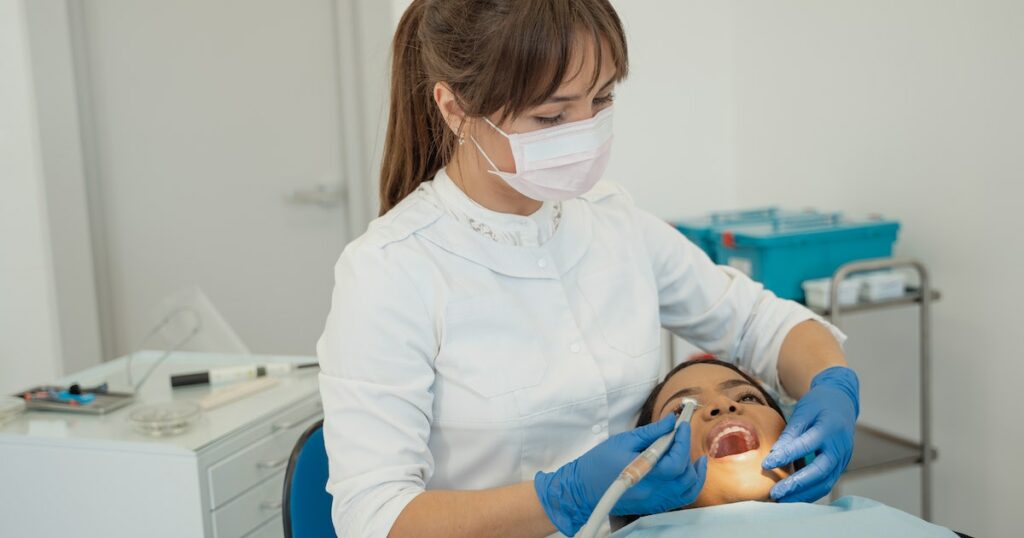Learn 11 Helpful Tips to Get the Most Out of Your Dental Insurance

5. Using a Health Reimbursement Arrangement (HRA)
Several companies provide their workers access to health savings accounts as an alternative to insurance. You can put money that has yet to be taxed into these accounts. This could be a cost-saver for you if your income qualifies.
If your income puts you in the 25% tax rate and you require $600 in medical care, you have the option of using $600 from your HSA or earning $800 in order to have $600 left over after taxes. You’ll end up saving $200 in this scenario.
The major drawbacks I’ve encountered with HSA accounts are the necessity for additional paperwork to confirm the money was spent on qualified medical or dental expenditures and the possibility that any unspent funds may be forfeited after a certain period of time. About any limitations that may apply to your HSA account, we recommend that you contact your company’s human resources office.
6. Avoid the High Cost Of Maintaining Two Different Insurance Policies
The patient usually assumes that if they have two insurance plans, the costs that aren’t covered by one plan will be reimbursed by the other. Usually, this is not the case. Dental procedures have their own unique codes that must be included in an insurance claim.
Both insurance providers will be registered, but only one will serve as the primary provider. First, the claim will be submitted to the principal payer for processing.
Copayments and deductibles are still your responsibility. Your copayments and deductibles will not be covered by the secondary insurer. If you have reached your primary insurance’s yearly cap or if you have a specific dental code, your secondary insurance will begin paying for services that the primary does not cover.
The second insurer will be contacted to settle the claim. If the primary insurance company did not pay for the code, the secondary insurance company would. Does that make sense to you?
Keeping things basic is our recommendation. It’s not a problem if both parents in a household have dental insurance paid for by their employers. You probably won’t receive your money’s worth from dental insurance if at least one of you is setting aside a portion of your salary to cover the premiums.


